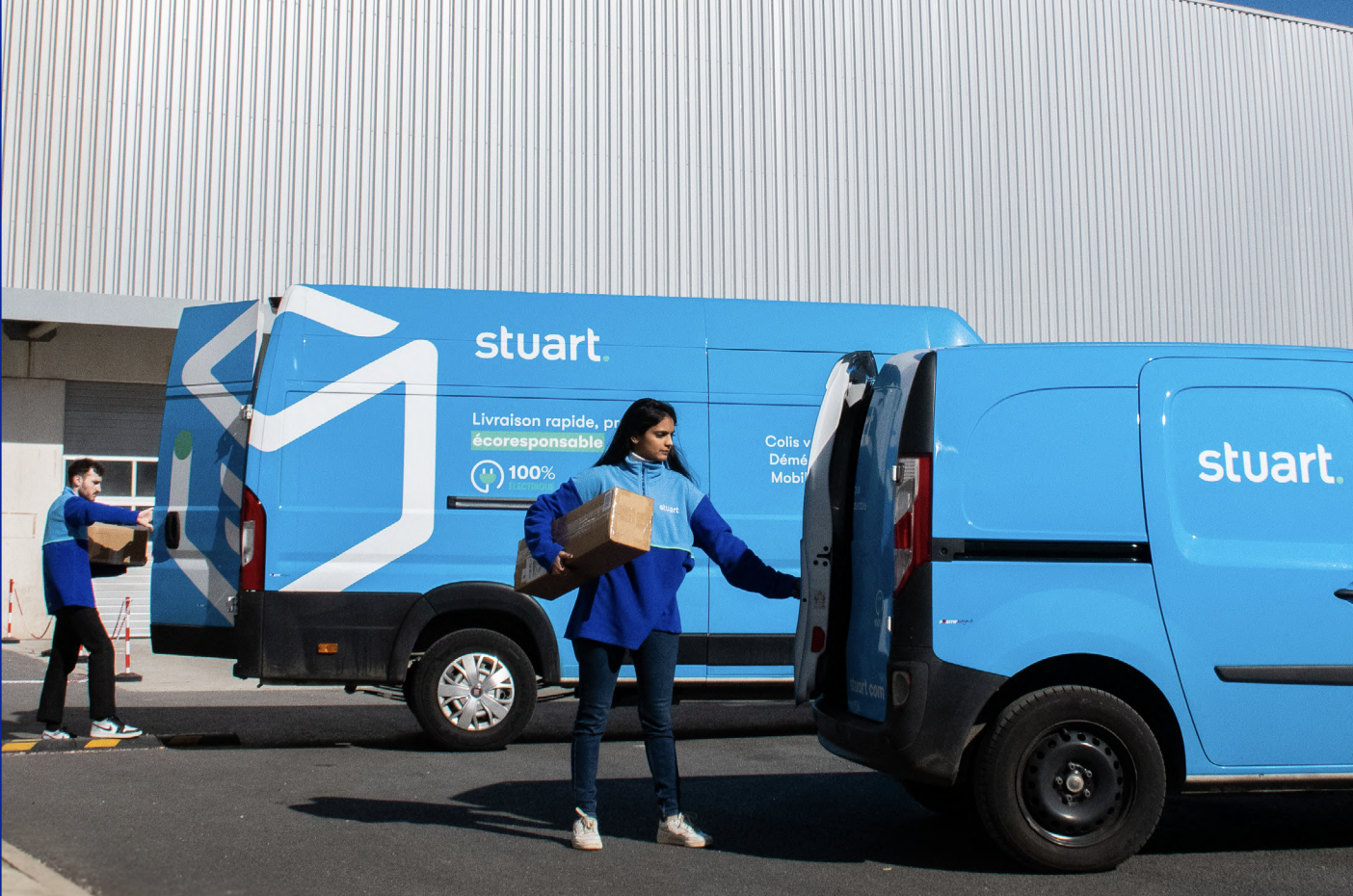By Mark Pilkington
The promise of the internet revolution was that the traditional brand/retail monopoly over the supply chain would be broken, and that small producers would be able to sell to the world, bypassing the incumbent brands, distributors and retailers.
The consumer would benefit from the revolution, via massively increased choice and better prices, as the multiple mark-ups of the middle men were eliminated. It is estimated that if all products sold in the world went direct from factories to consumers via low-cost online marketplaces, the potential saving to customers globally would be of the order of $16 trillion.
To fulfil this promise, two things were necessary – consumer acceptance of new brands from around the world, and producer ability to get the goods to consumers.
The first condition has largely been met. From a marketing point of view, consumers are now much more open to new brands. Historically consumers got most of their information from brand advertising, which locked them into incumbent brands with high awareness, and made them nervous of experimenting.
However, the advent of user reviews has given consumers much greater objective information, and opened them up to new brands and manufacturers. And highly innovative new brands have been able to turn their delighted customers into advocates who spread awareness rapidly via social media.
Nevertheless, the one element that has remained an obstacle to the internet revolution has been logistics. In theory the revolution meant that small brands could sell to the world over the web, but, in practice, the cost of moving the products was too high to make it feasible.
One company which is innovating in this space is AliExpress, the global retail marketplace of Alibaba Group. They have set themselves the ambitious task of helping small producers to ship individual packages direct to consumers globally with better logistics options offered by collaborating with logistics partners.
AliExpress has been growing very rapidly in the last year, with deliveries doubling. Now, in the run-up to the 11.11 Global Shopping Festival, it has announced a number of major logistics upgrades.
Among these upgrades are the following empowered by logistics partners:
- Five Chinese domestic selection warehouses and nine automated sorting centres for Chinese sellers to pre-stock their products, reducing dispatch times.
- Increasing chartered flights to 80 per week (and a total of 300 flights between 11 and 30 November).
- Warehouses in Spain, France, Poland and some other European countries, which shorten delivery times into Europe.
- Parcel sorting centers in Belgium, Spain, France, Germany, Italy, Hungary and Russia to boost ecommerce parcel delivery efficiency to different destinations in these countries.
- Creating a self-pickup network in France, Spain, Poland and Russia, with over 20,000 service points.
This is enabling the company to quote 10 working-days for selected cross-border products delivery to Spain and France, 12 for Brazil, and 5 for South Korea. For products shipped from local warehouses, the company is able to deliver in three days to Spain, France and Poland, 7 days to other European countries.
During the 11.11 Global Shopping Festival, for orders placed in France, Spain, Russia, Poland and the UK, AliExpress is offering free shipping for eligible orders. Additionally, it is introducing on-time guarantees for eligible orders in France and Spain, with a $1.00 coupon for late delivery.
Looking beyond 11.11, AliExpress and its strategic logistics partners have even more ambitious plans for the future. On the delivery side, they plan to roll out logistics initiatives to more markets, and have also set the goal of shipping a one kilogram package anywhere in the world within 72 hours for $3.00.
On the marketing side, AliExpress is continuing to evolve, recruiting more merchants from around the world, creating a ‘LOCAL to LOCAL’ system, which empowers regional SMEs.
These innovations, are particularly crucial during the Covid-19 pandemic, because they give consumers more options, at a time when in-person shopping remains challenging.
If the dream of shipping individual packages direct from factories to consumers is realizable then it is great news, enabling entrepreneurial producers to get access to individual consumers globally, and giving consumers a huge choice of exciting products at far lower costs, truly fulfilling the promise of the internet revolution.
About Mark Pilkington
Mark Pilkington is a global expert on consumer markets. He combines thought-leadership gained at Oxford University and INSEAD Business School with a track record of success across the branded, e-commerce and retail sectors.
His second book ‘Retail Recovery. How creative retailers are winning in their post-apocalyptic world’ is published in 2021, which includes in-depth case studies of how brands, retailers and retail property owners have succeeded in this new environment, and lays out a clear road map for the future.







